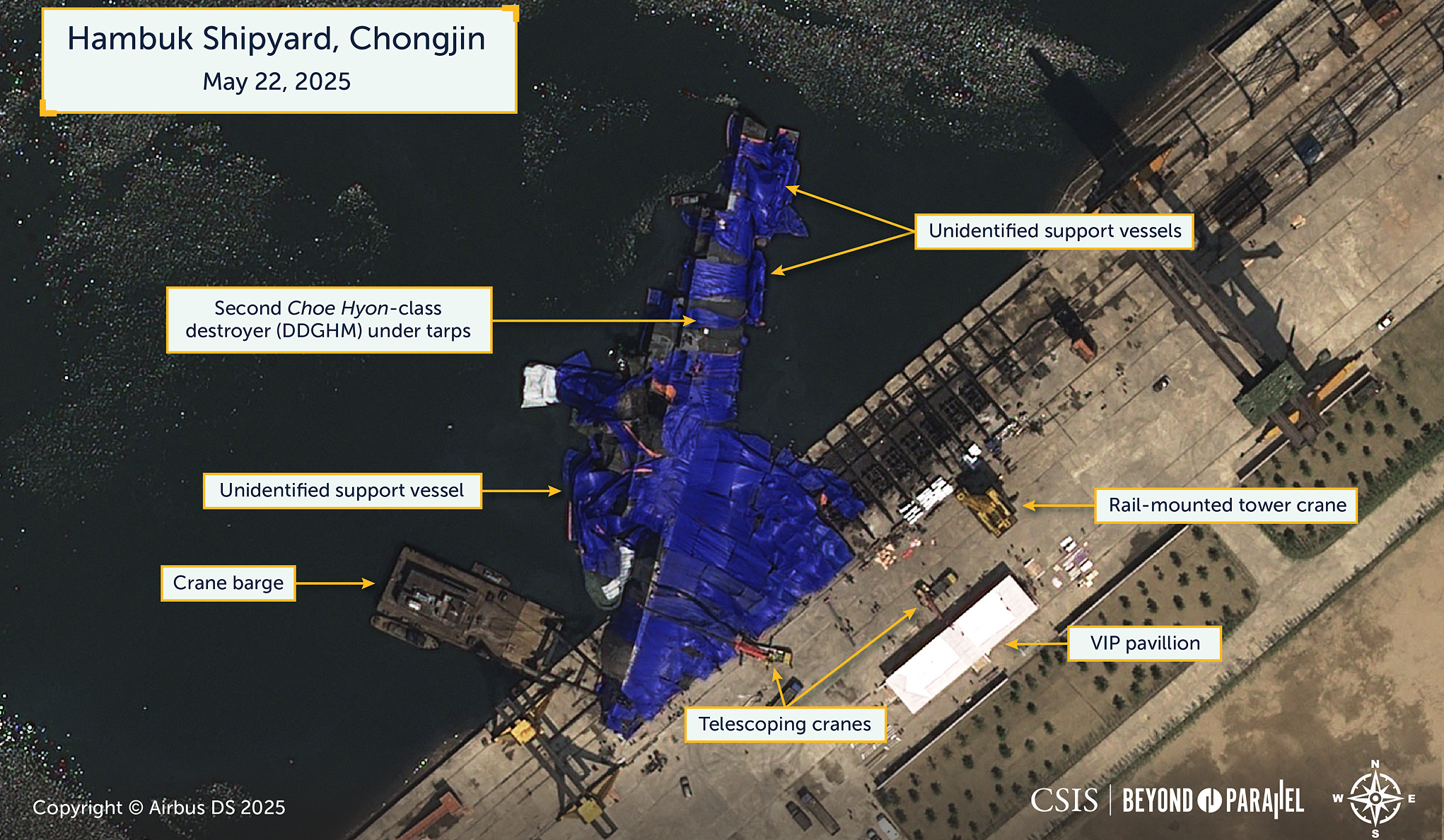Chinese hardware giant Lenovo thought it had prepared for a trade war, but its plan proved insufficient once the US started to rapidly change its tax policies in imported goods.
"We are not worried about the tariff," CEO Yuanqing Yang told investors on Thursday during the company's Q4 FY24/25 earnings call. "We are worried about the uncertainty and the quick changes."
Yang explained that Lenovo manufactures its products in many countries, using a mixture of its own facilities and contract manufacturing firms. The company moves production to the optimal location to cope with customer needs and geopolitical conditions, and calls its strategy "China Plus".
The CEO told investors "no other country can replace China" as the Middle Kingdom is "the most competitive manufacturing country with low cost, high efficiency and aggregation of supply chain."
Yang said Lenovo's plans worked when the Trump administration announced universal ten percent tariffs, but not so much when the 25 percent tariff on goods from Mexico and Canada] was announced in March and "implemented so suddenly that we didn't even have time to prepare.
"It had a significant impact on our performance last quarter," he said, suggesting an impact of $50 million to $60 million last quarter. He later labelled the overall impact of tariffs as "notable."
That impact didn't stop Lenovo from posting stonking quarterly results [PDF] for the financial year ended March 31, 2025.
Revenue landed at $16.9 billion, up 23 percent year-over-year. Net income grew 25 percent to $278 million. Full-year revenue grew 21 percent to $69 billion, with net income up 37 percent to $1.4 billion.
Lenovo's Infrastructure Solutions Group (ISG) – its long-suffering enterprise hardware business unit – saw revenue grow 63 percent to $14.5 billion for the year and managed to break even in the last two quarters of the year after posting trivial profits of $1 million and $3.5 million.
Lenovo has long hoped to build an enterprise hardware business to rival the likes of HPE or Dell. Its cloud service provider business is now a profitable $10 billion revenue concern, meaning enterprise sales were around $4.5 billion.
It will come as no surprise to readers that Lenovo attributed its enterprise hardware growth to demand for AI infrastructure, which boosted sales of its servers and liquid cooling kit.
- Political poker? Tariff hunger games? Trump creates havoc for PC industry
- Trump's tariff turmoil leaves IT projects in deep freeze
- Annual electronic waste footprint per person is 11.2 kg
- Trump's tariffs, cuts may well put tech in a chokehold, say analysts
- Hyperconverged infrastructure is so hot right now it needs liquid cooling
- System builders say server prices set to spike as Trump plays customs cowboy
AI also helped PC sales. "Our AI PCs exceeded our volume target in the first year," Yang told investors.
Lenovo's Intelligent Devices Group (IDG) - which covers PCs, Motorola smartphones and other gadgetry - grew revenue 13 percent to $50.5 billion. Smartphone revenue surged by 27 percent across the year. Tablet computer sales jumped 15 percent.
IDG president Luca Rossi predicted AI PC sales will surge.
He admitted software vendors have delivered software to take advantage of neural processing units (NPUs) present in AI PCs "a bit later than expected." But he thinks once they deliver, buyers will like what they see.
"There will be the arrival or the progression of the so-called LAM, large action model, that will enable the device to not only help with information, but also help with personal and enterprise productivity, taking action on behalf of the user," he said. LAMs will enable "many other use cases that, frankly, maybe today are not even existing, but there is a lot of room for innovation."
"I would say we are still at the beginning of this journey," he added. "We expect a lot of innovation to come in 2025, 2026."
Rossi said Lenovo intends to offer a single AI service that runs across all of its devices and "orchestrates" experiences.
"When we have scale and we are able to offer value add to users taking the role of an orchestrator, we will be able to generate meaningful monetization opportunity," he said, adding that he expects Lenovo will achieve the necessary scale for such a service "because we have hundreds of millions of devices every year out in the market."
Execs were also pleased by surging growth at Lenovo's Solutions and Services (SSG) group, which saw revenue grow 13 percent year-on year to $8.5 billion. Lenovo cited demand for AI consulting, and IT-as-a-service, as the reasons for growth. ®
.png)




